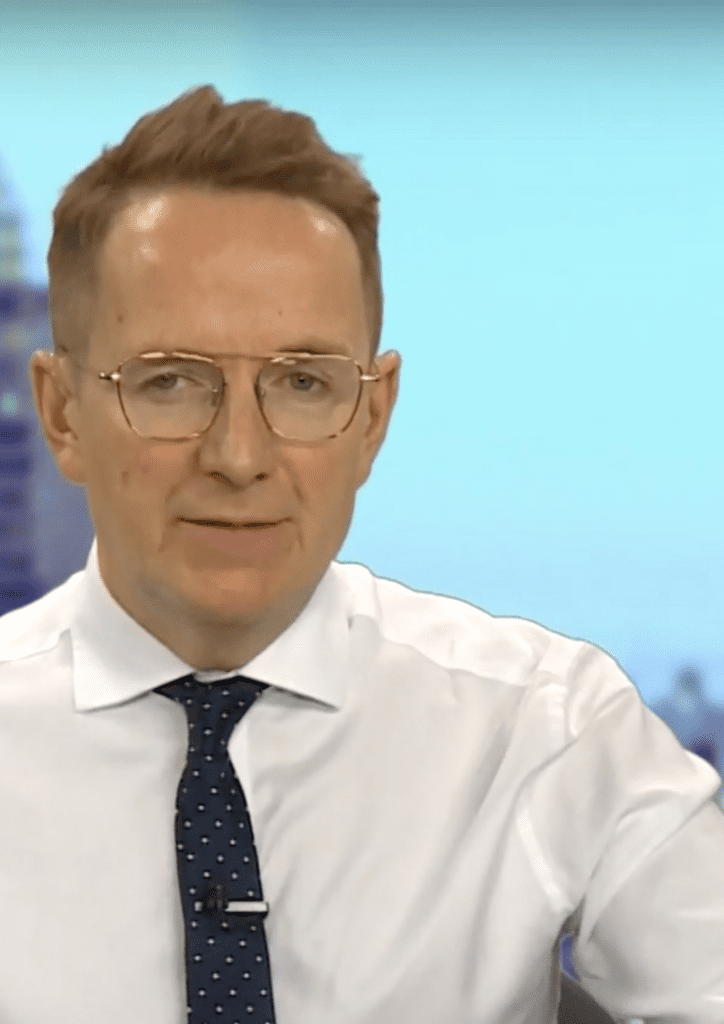Discover the ideal trading platform and expert tips for success in the dynamic world of finance. #TradingTips #BestPlatform
It is without doubt the most popular question I get asked by prospective clients. It also leads to another crucial question, which makes me smile, mainly because I love giving the answer. “Are you getting money for recommending a broker? You must be creaming it in”
Patricks trading tips and best platforms to trade on:

Choosing a broker is much like finding a suit that fits you. And like most suits they offer slight tweaks but all of them make you look smartish. Horses and Courses 100% but there are a few doo’s and don’ts to be aware of.
Oh and the answer to the second question is no.
What is the best platform to trade on?
Brokers tend to dislike me and I get approached by them at least twice a week. They tend not to care about education or mentoring – but DO care about wanting fresh clients. It used to bother me and I tried to change their mind set but now I just accept it for what it is.
So, now we have cleared that up here are my top 5 tips on finding a platform or broker to trade on.
- Go with an FCA approved one (If in the UK) because it means they have been thoroughly vetted and you are protected in some way by this. For more information please contact their website https://www.fca.org.uk
- Most brokers outside of the UK need to be regulated by their own regulator or standard. Please do your homework and due diligence. Often these government bodies follow a similar template to The FCA but please double check.
- Try to avoid going with a broker offering big leverage – say 500:1 as you might find trading larger size gets you very quickly into trouble and you lose your account.
- I have worked with various brokers such as CMC, XTB, Saxo and IG – all of which are robust and credible. Most offer similar spreads and assets to trade. As I mentioned I will not recommend any specific broker as I feel it is the clients’ choice to make his or her decision. We at Adamis Principle are completely free and unbiased.
- Check the small print for Funder/Brokers. These are brokers but call themselves “Prop Desks” and offer competitions (and if you pass) you can trade their funds of anything up to 1 million USD. It sounds like a juicy carrot and it is BUT many traders fall into the trap of paying £500 for a competition without clearly looking at the risk requirements. Many of these “prop desks” will not allow you to have an open position over the weekend or will kick you out of a position if you hit a 10% loss. Hint: The devil is in the detail..
Choosing the right platform or broker to trade on is a crucial decision for any trader. With so many options available in the market, it can be overwhelming to make the right choice. However, with a little research and some key considerations, you can find a platform that suits your needs and trading style.
Which is the best platforms to trade on? Here are my top tips:
Regulation Matters
One of the first things to consider when choosing a platform is regulation. In the UK, the Financial Conduct Authority (FCA) is the regulatory body responsible for overseeing financial services firms and ensuring they operate within the law. Opting for an FCA-approved broker provides a level of assurance that your funds are protected and that the broker operates with transparency and integrity. For traders outside the UK, it’s essential to research and verify the regulatory status of brokers in your jurisdiction. While regulations may vary from country to country, the underlying principle of investor protection remains paramount.
Beware of High Leverage
While high leverage may seem attractive for amplifying potential profits, it also significantly increases the risk of substantial losses. Brokers offering excessively high leverage ratios, such as 500:1, may not have their clients’ best interests at heart. Trading with such high leverage can quickly lead to margin calls and wipe out your trading account. It’s prudent to opt for brokers that offer moderate leverage ratios, allowing you to manage risk more effectively and sustainably.
Consider Reputation and Reliability
When evaluating different platforms or brokers, it’s essential to assess their reputation and reliability. Look for brokers with a proven track record of reliability, security, and customer satisfaction. Researching reviews and testimonials from other traders can provide valuable insights into the broker’s performance and reliability. Additionally, consider factors such as the broker’s trading infrastructure, execution speed, customer support quality, and the range of trading instruments offered. Established brokers like CMC, XTB, Saxo, and IG have earned reputations for their robustness and credibility in the industry.
Beware of Prop Desks
Prop desks, or proprietary trading firms, often entice traders with the opportunity to trade their funds and potentially earn significant profits. However, it’s essential to exercise caution when dealing with prop desks, as their terms and conditions may include hidden risks and restrictions. Some prop desks require traders to pay a fee to participate in trading competitions, but the terms may include stringent risk management rules, such as restrictions on weekend trading or mandatory position closures at certain loss thresholds. Always carefully review the terms and conditions before engaging with prop desks to avoid unexpected pitfalls.
Patrick Reid for more tips on trading and the best platforms follow me on LinkedIn.

